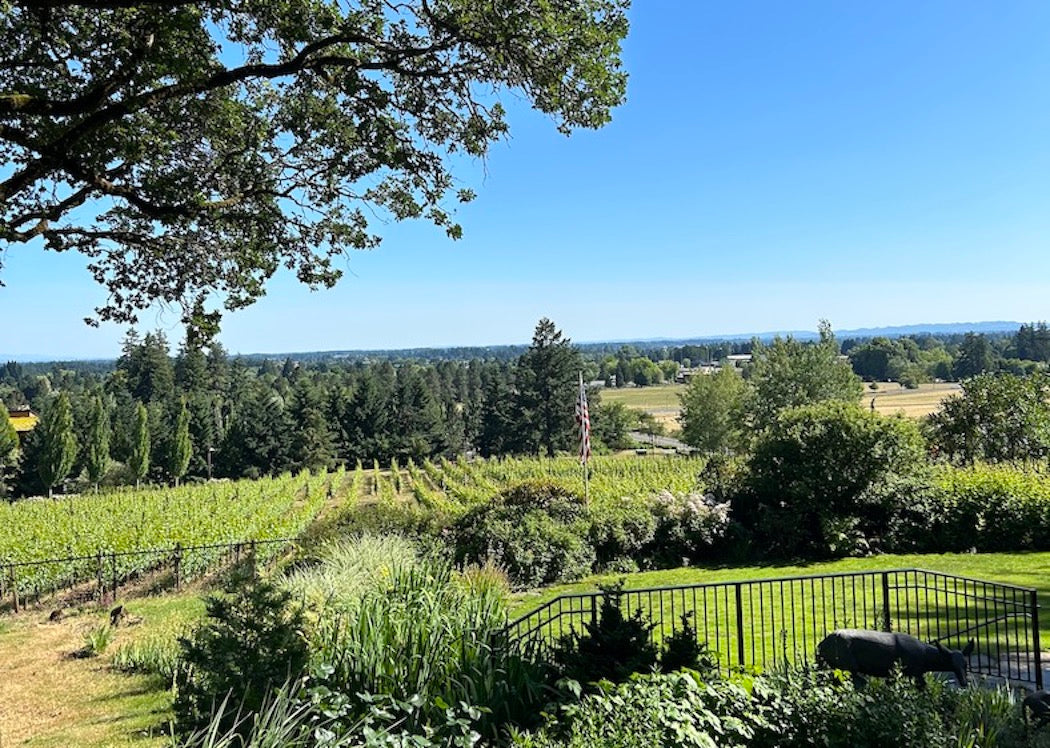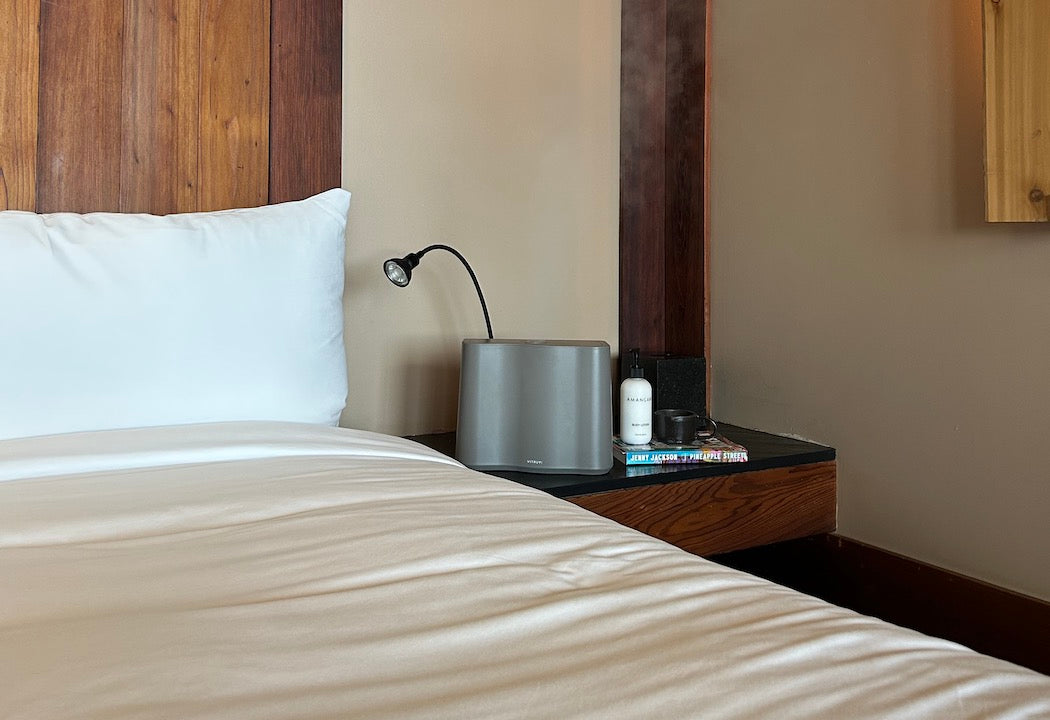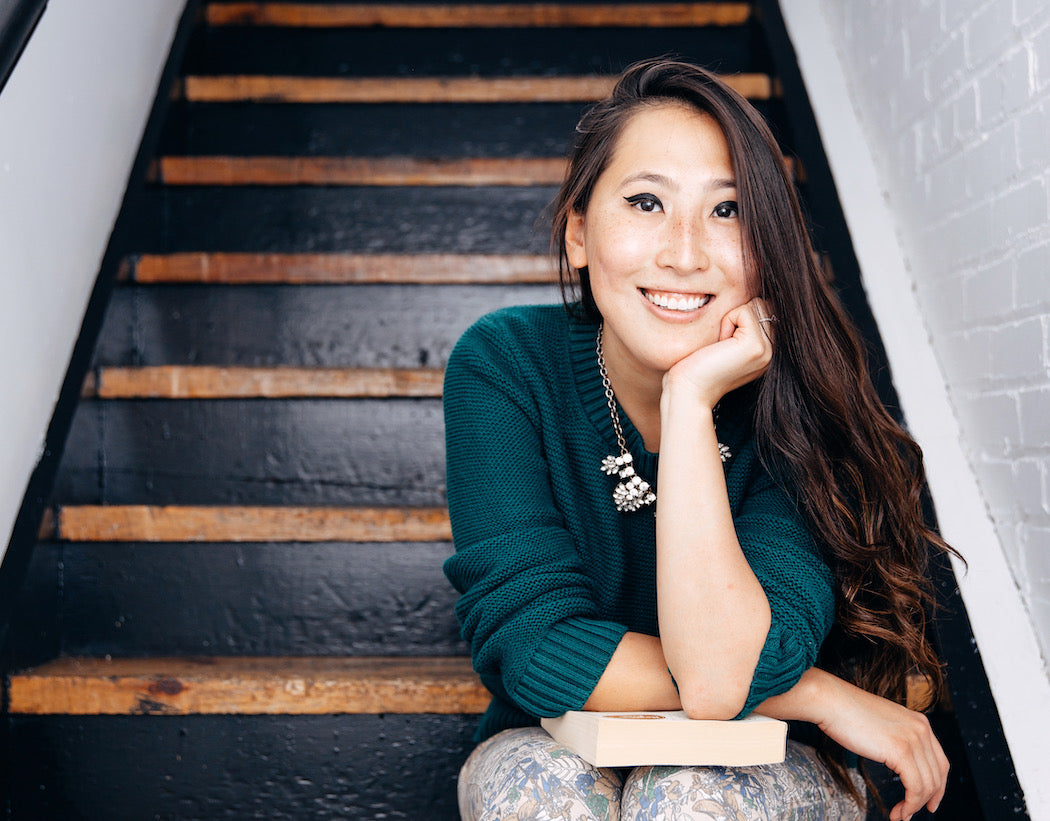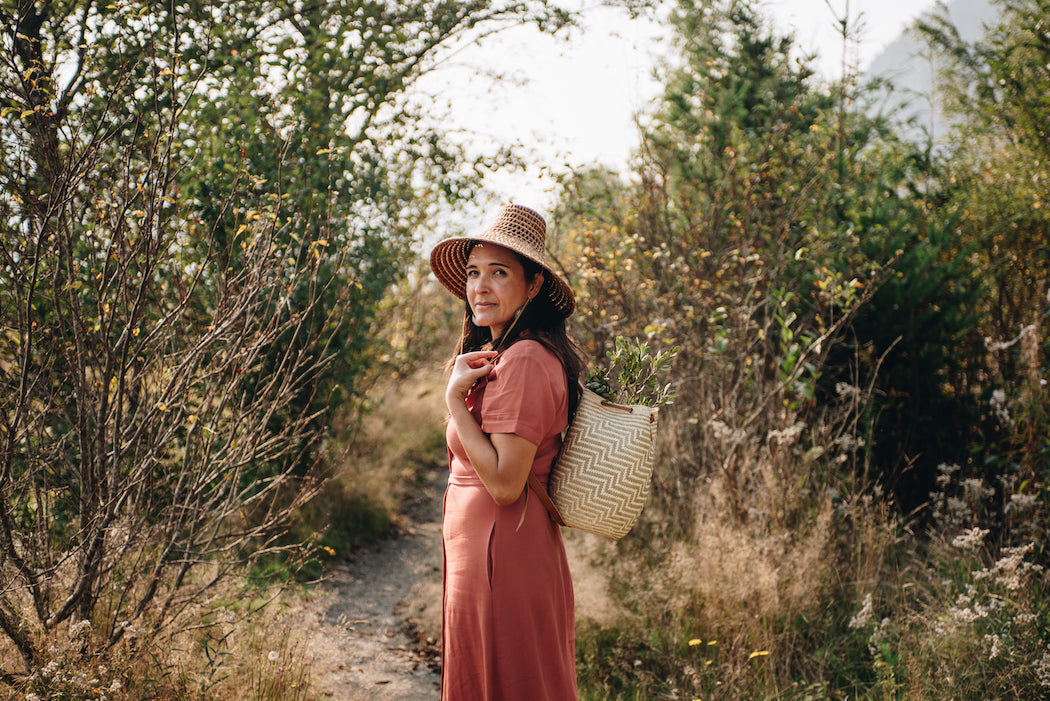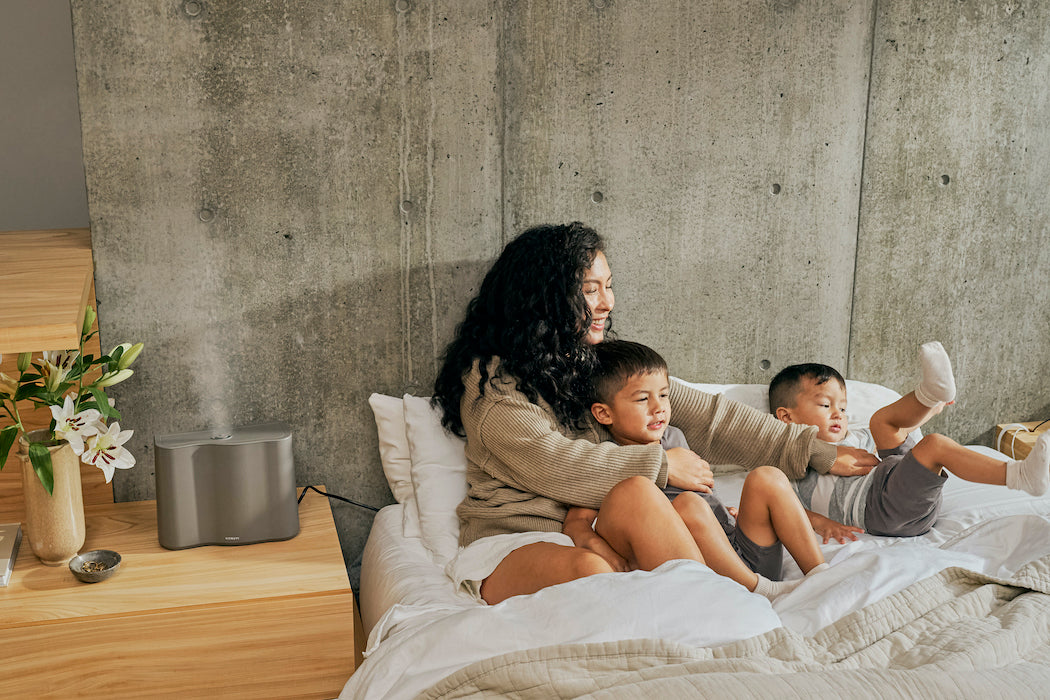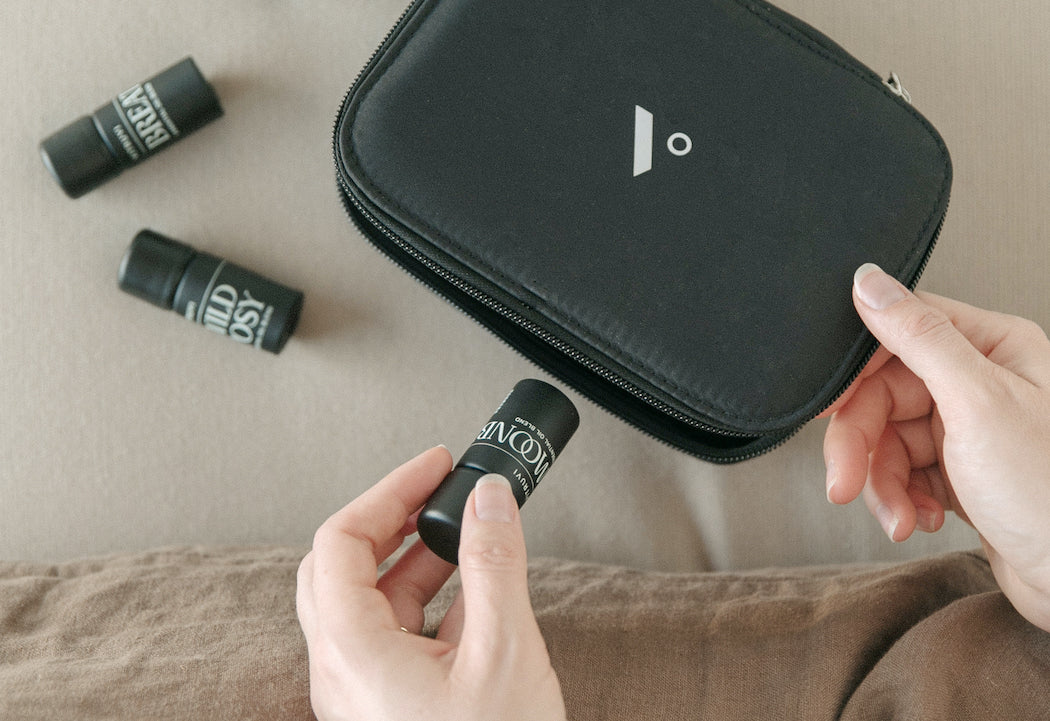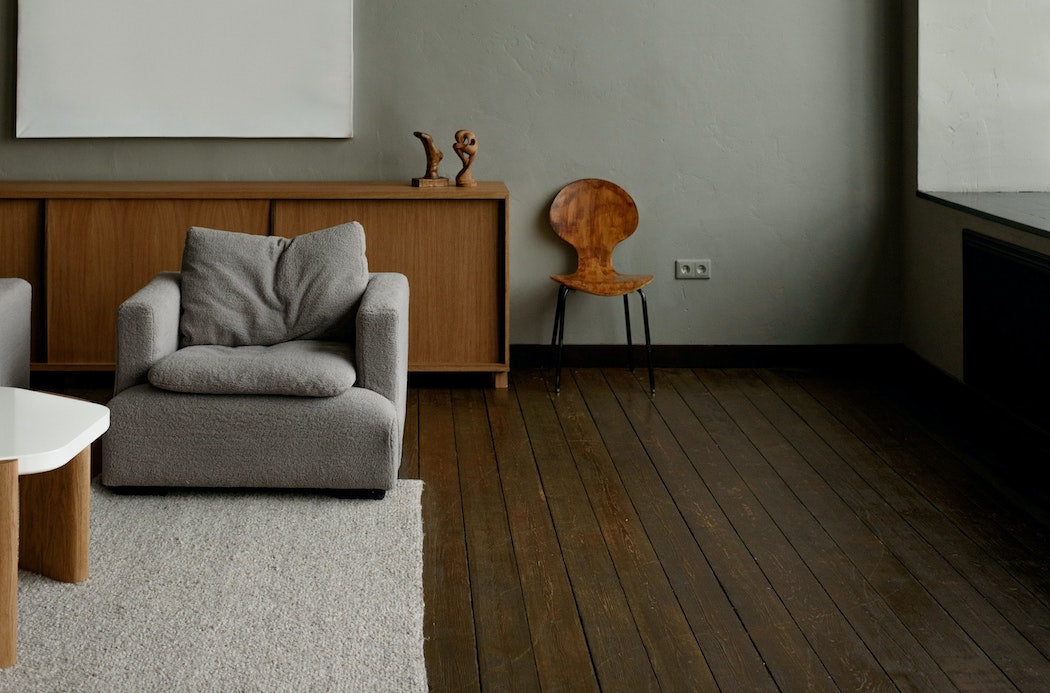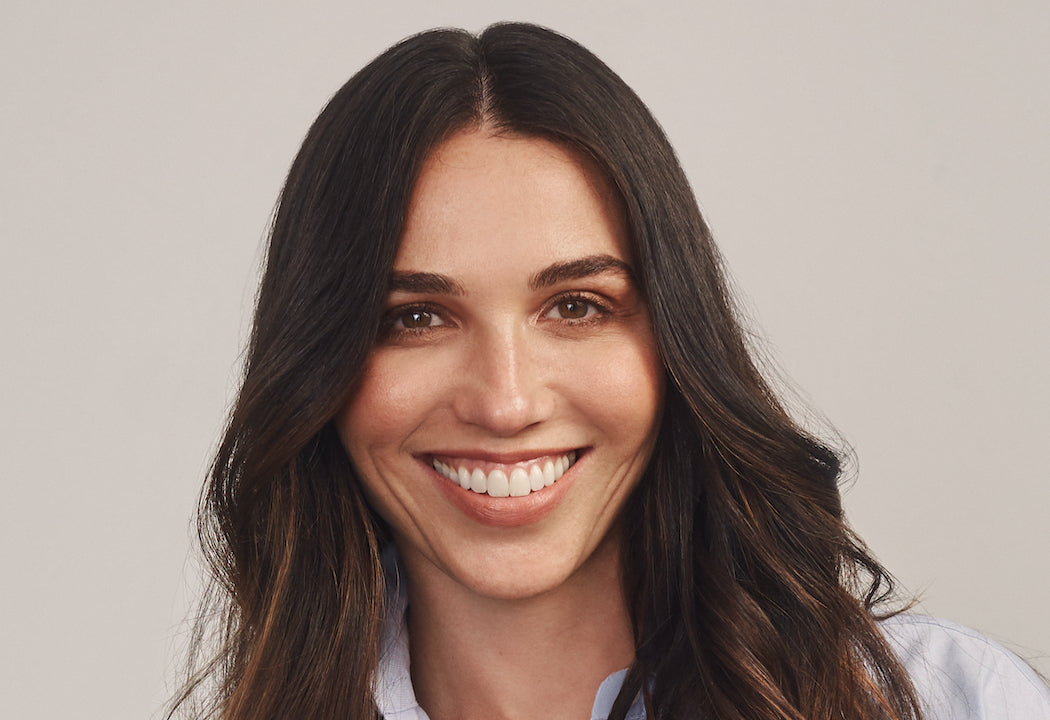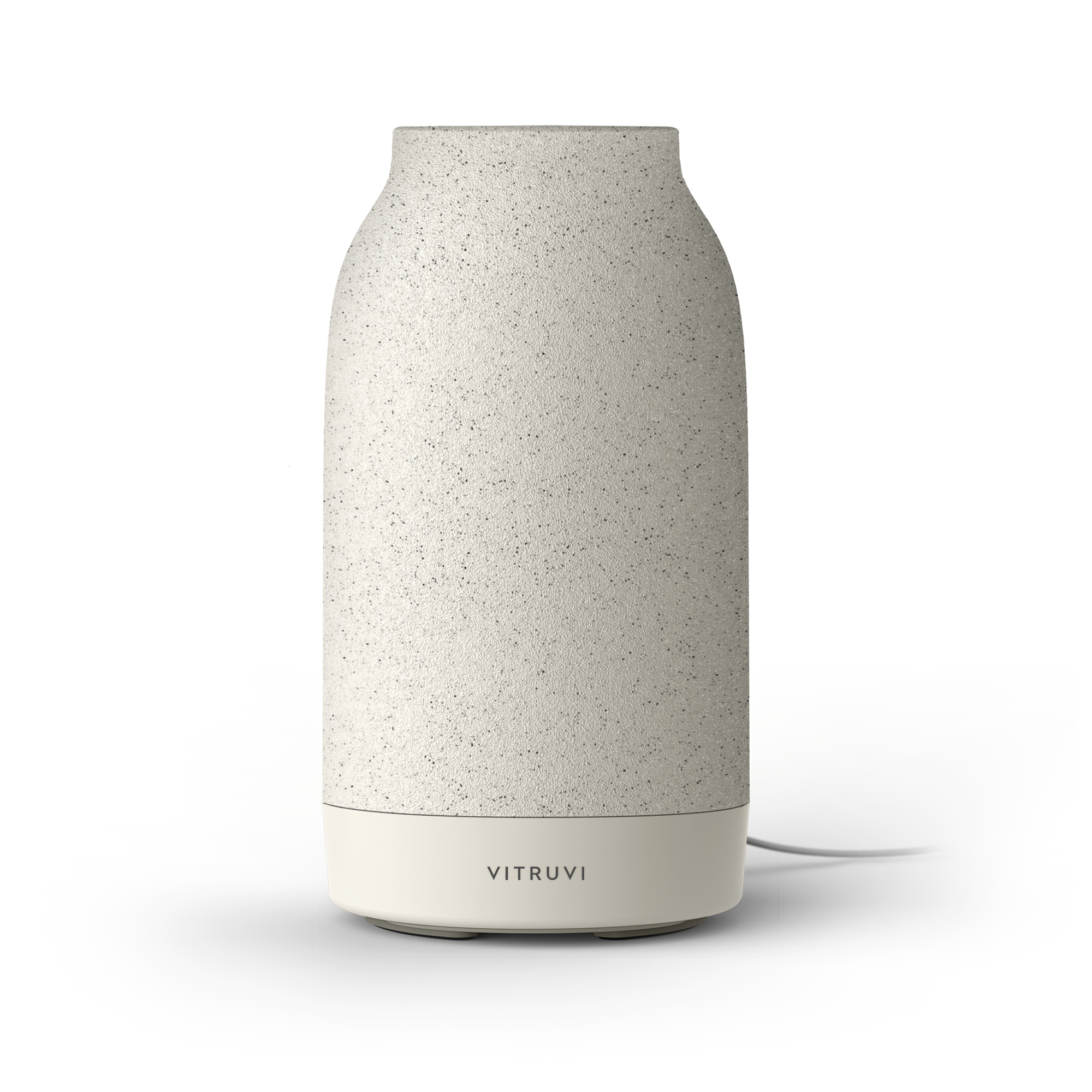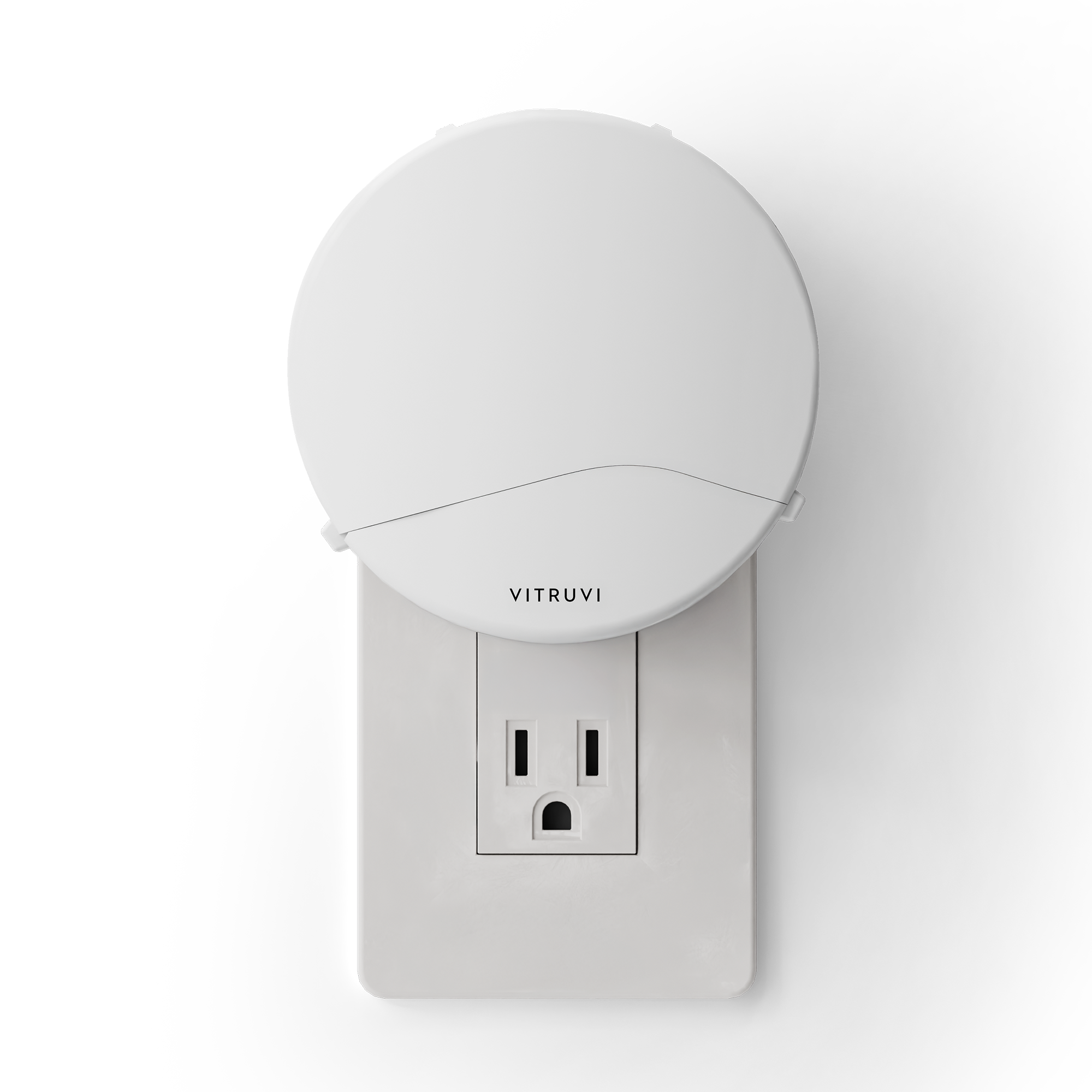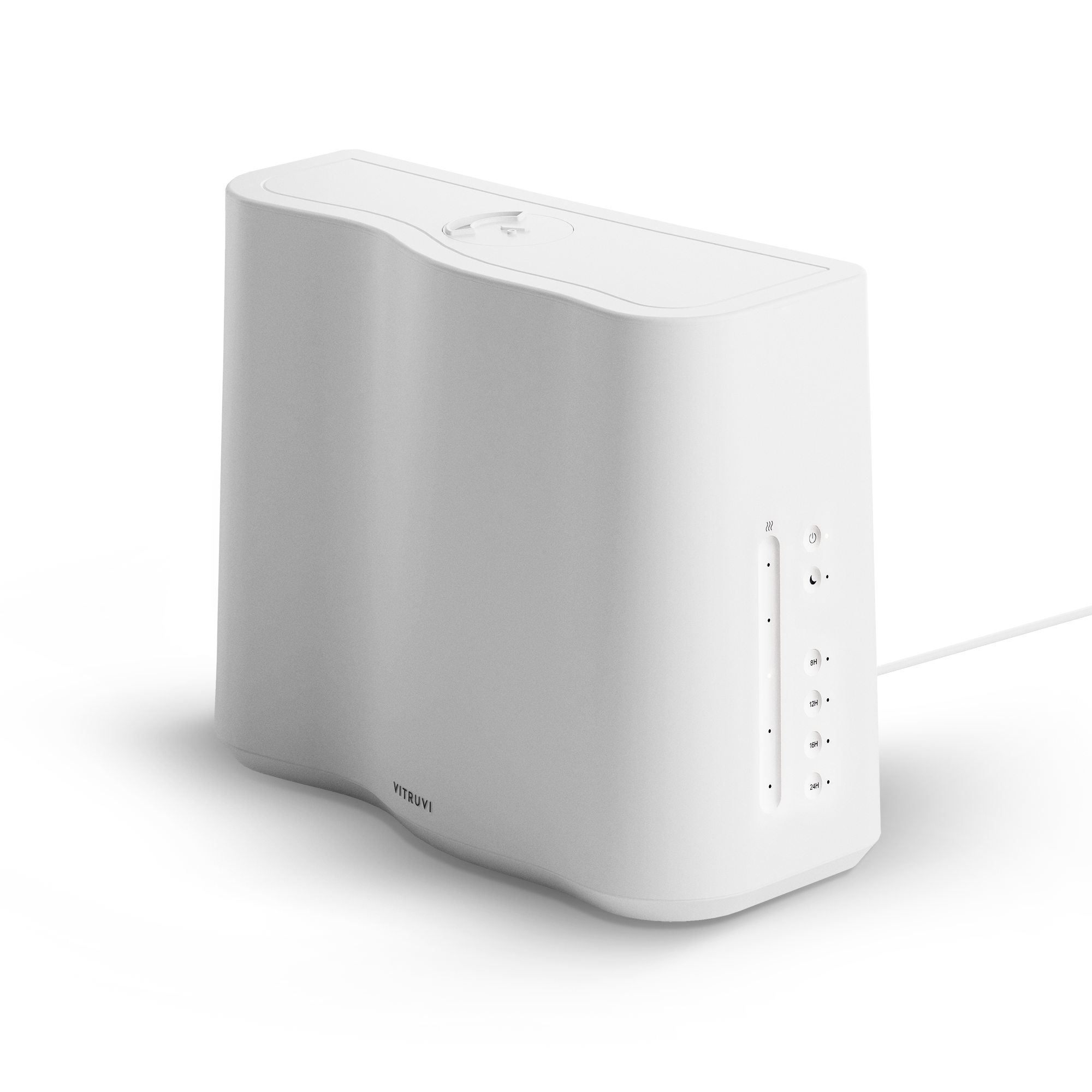When I was asked to write about Indigenous influencers, I jumped at the opportunity. Not because I love influencer culture, but rather because I despise it.
Indigenous ways of being and influencer culture are at odds with each other. This isn’t a thought piece on the “evils” of influencers—I’m not here to insult individuals—but I do want to take a bird’s-eye view of what it means to be an Indigenous influencer, and highlight some of the Indigenous influencers I think we should be paying attention to.
When I say “influencer,” what is the first thing that comes to mind? For me, it’s tall, thin, blond women with slicked-back ponytails in athleisure doing Instagram Story ads for new herbal supplements or yoga pants. In reality, though, every niche community has influencers: there are Mormon mommy bloggers, Zillennial TikTok makeup artists, YouTube family vloggers, BookTokers, plus-size fashionistas, foodie TikTokers, and true crime vloggers, just to name a few. The commonality between them all is the intersection of capitalism, clout or social capital, and individualism. There are influencers I love, and who I follow and interact with on the regular. I trust their opinions on makeup, clothes, and sometimes community issues.
I’m not immune to having a public social media presence, either; though nowhere near influencer territory, I do hold sizeable Twitter and Instagram followings. Even with my humble numbers, I have felt pressure to perform: to have a ready-made opinion on what’s happening in the zeitgeist. I have fumbled along the fine line of playing into respectability politics while also speaking my mind. The “influence” I have has been built through the transaction of me voicing my opinions, either via social media or my published writing. I may not be selling yoga pants, but I’m selling something. My university education, proximity to whiteness, and class mobility have helped me build a platform, and every time I go to open my big mouth, I ask myself: who am I accountable to? Is it my audience? My community? It’s in this tension that I think we need to examine and challenge the idea of an Indigenous influencer.
Who is getting attention? Who are we silencing while we platform someone else? Who is doing work behind the scenes for their community without any recognition? Most of the Indigenous influencers with thousands upon thousands of followers are white-coded or light-skinned, thin, cis, and seemingly have some access to affluence. This isn’t said to diminish the community work and educating they may be doing—but nothing exists outside the pressures of a colonial white supremacist society. Clout and capitalism are two peas in a pod, and are held up through the neoliberal individualist ideals of settler colonial cultural norms.
As Indigenous people, we don’t live in a vacuum. We come from communities, from Nations, from our ways of being that we are responsible to and for. No matter where we are in our journey of reconnecting, we are always responsible to the lands and people we come from. We are also responsible to our different intersecting communities, because we are in webs of complex intersecting networks of belonging. On top of this, if you’re a public social media figure, then you also have a responsibility to your audience. How do you hold each of these duties while also working to grow your following and brand? This isn’t an accusatory or a “gotcha!” question; this is a genuine from-the-bottom-of-my-heart question. Because no one can hold this on their own.
When I think of Indigenous influencers, I think of my kokum, who was president of our Métis local for 16 years. She worked tirelessly to ensure the youth had access to so many life-changing supports. Or my cousin, who has worked for over a decade supporting trans and two-spirit Indigenous youth, imagining futures and actively resisting our colonial present. I think of my good friend who, with her partner, is fighting the government in order to name their daughter in her ancestral language.
The truth is, our communities are full of influencers—you just won’t always find them on TikTok, Instagram, or Twitter. They’re the aunties working at the women’s shelter, the uncles during hunting season, the cousins raising their babies with one more generation of healing. They’re the kokums at the grocery store asking you where you’re from.
I can’t give you a list of Indigenous influencers to check out, but I can tell you that our communities are rich with kin doing the absolute best we can with what we have.


